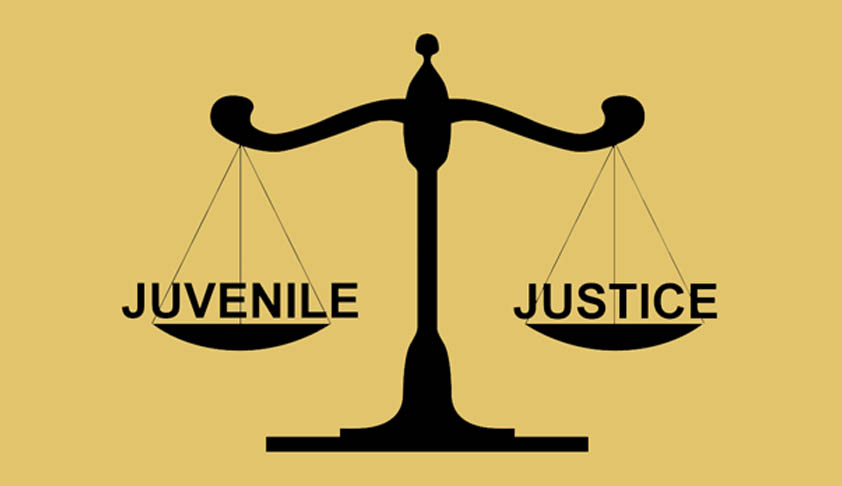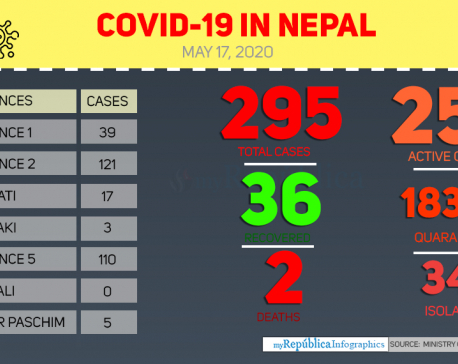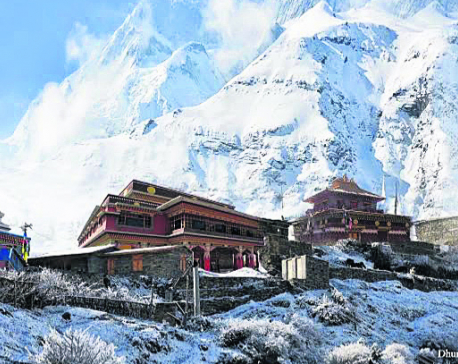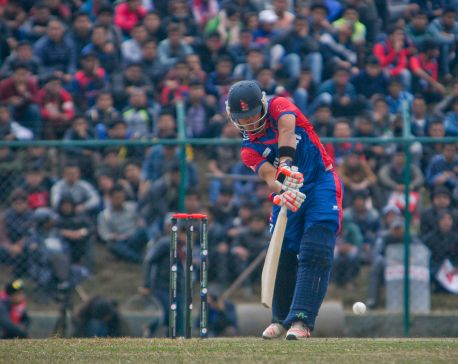
OR
Opinion
Juvenile Justice System of Nepal: Gaps and Ethical Dilemmas for Social Work
Published On: March 22, 2023 08:45 AM NPT By: Biswas Chepang

Biswas Chepang
The author holds a master’s degree in social work from University of Lincoln, UK.news@myrepublica.com
In 2015, after my graduation in Social Work, I worked as a social worker in a Juvenile Correction Home, where I had the first-hand experience of working with 60-80 juveniles. Juvenile Correction Home is a space for children in conflict with the law, which strives for a holistic development of children through education, vocational training and personality development. The correction home also promotes physical and mental well-being through psychosocial counseling, recreational activities and individual care.
Though there is ample space for social workers to engage, social work is still a developing profession in Nepal. Even though it is an internationally recognized profession, it has not yet established itself as a profession in Nepal. Nepal’s government must recognise social work as a profession.
Social work is the only profession that is specified for the juvenile justice system in Nepal. However, there are several thin lines between social work practice in the juvenile justice system. This article portrays the dilemma that social workers face working in the juvenile justice system and recommends social workers and the authorities concerned to take necessary action in the juvenile justice system.
The Act relating to Children 2075 (2018) of Nepal mentions a role of social worker in the juvenile justice bench alongside a psychosocial counselor and district judge. This legislation provides a framework to design and implement child-focused programs that hold society and concerned stakeholders more accountable to children. The juvenile justice system considers children under 18 as not mature enough to decide what is right or what is wrong hence it requires a separate law to treat children in conflict with the law. The juvenile justice system comprises separate sentencing guidelines, court structures, juvenile secure detention facilities, and so on. They need special protection and support from adults to ensure their rights.
According to International Federation of Social Workers (IFSW) 2014, “Social work is a practice-based profession and an academic discipline that promotes social change and development, social cohesion, and the empowerment and liberation of people. Principles of social justice, human rights, collective responsibility and respect for diversities are central to social work.” Social workers being frontline workers have multiple roles ranging from problem solving, interacting, negotiating and discussing issues faced by children.A social worker has a crucial role to ensure the human rights of children, children’s safety, healthy development and overall protection. Professional social workers can help reduce the incidence of abuse and neglect and support families to raise their children to their full potential.
Unlike any other profession, a social worker also goes through tough times and faces ethical dilemmas in deciding what is good for the client in the juvenile justice system and particularly in a juvenile correction home. As a social worker, I have faced a number of dilemmas while working with juvenile offenders in my day-to-day work practice such as: the choice between individual rights/ welfare, and public welfare, equality and diversity, structural oppression, and the boundaries of professional roles.
Social work without legal entity in Nepal
Social work is poorly understood and does not have legal entities in other areas with the exception of the juvenile justice system in Nepal. Social workers do not have specialized positions for specific works in their domain. Hence, one cannot proudly introduce themselves as' ‘social worker’’ in any other areas as Nepal is yet to gain legal recognition in any other profession as social worker. The general public is not informed about the position and roles of social workers in Nepal, which sets a gap between juvenile and social workers.
Social worker in powerless position
A social worker’s involvement is necessary as early as possible from the time when children come into contact with police to the court process with the child and their family will aid in understanding the social background. A social worker feels powerless not having any influence on the children’s voice from the time of prosecution, trial and hearing in the court. Social workers cannot directly intervene in case of child abuse, sexual abuse, children safety, and violence. It falls under legal jurisdiction which is handled by the government without involvement of social workers. One of the pertinent issues faced by social workers in practice is the lack of enough support from the local municipality and government offices. The government neither has any support nor says anything about the profession. It does not have any position for social workers in government.
Involving a social worker as mediator and counselor in the early stage helps to understand the background, prepare the social enquiry report to assist the judicial process to make decisions taking into account each situation in the best interest of the child and the community.
Culturally sensitive social work practice
Juveniles come from diverse communities ranging from the Himalayan region to southern belt and east to west part of Nepal. Hence each of them are brought up in a separate environment. A social worker in Nepal has to work in different rural settings with vulnerable groups who are deprived of basic rights and who are living in poverty. Hence social work interventions need to be negotiated and can be translated into the practice as developing culturally responsive and indigenous practices. The gravity of social problems that exist in society can have a different context to different people. Hence, different ways of grasping the problem should be developed. Hence culturally sensitive practices are needed to understand the intervention in the practice.
In a nutshell, juveniles have every right to live with respect, dignity, full participation along with fulfillment of all basic human rights. To achieve this a front line worker's social work position needs to be mobilized under a strict licensing system along with enabling social workers to intervene with legal identity and professional regulations. Social workers of Nepal need to collaborate with government entities to introduce regulations and guidelines from the association and government.
You May Like This

Health ministry confirms three new COVID-19 cases, number of total cases reaches 295
KATHMANDU, May 17: Nepal reported three new cases of COVID-19 on Sunday evening, taking the national tally to 295. ... Read More...

Dhurmus, Suntali to build ‘a Nepal within Nepal’
KATHMANDU, June 5: After successfully completing three settlement projects for earthquake victims and other communities, the actor couple Sitaram Kattel (Dhurmus)... Read More...

Nepal vs Kenya: Five crucial things Nepal looks for second match
KATHMANDU, March 12: Nepal is taking on Kenya on Monday in the second match of the ICC World Cricket League... Read More...





Just In
- CM Kandel requests Finance Minister Pun to put Karnali province in priority in upcoming budget
- Australia reduces TR visa age limit and duration as it implements stricter regulations for foreign students
- Govt aims to surpass Rs 10 trillion GDP mark in next five years
- Govt appoints 77 Liaison Officers for mountain climbing management for spring season
- EC decides to permit public vehicles to operate freely on day of by-election
- Fugitive arrested after 26 years
- Indian Potash Ltd secures contract to bring 30,000 tons of urea within 107 days
- CAN adds four players to squad for T20 series against West Indies 'A'













Leave A Comment